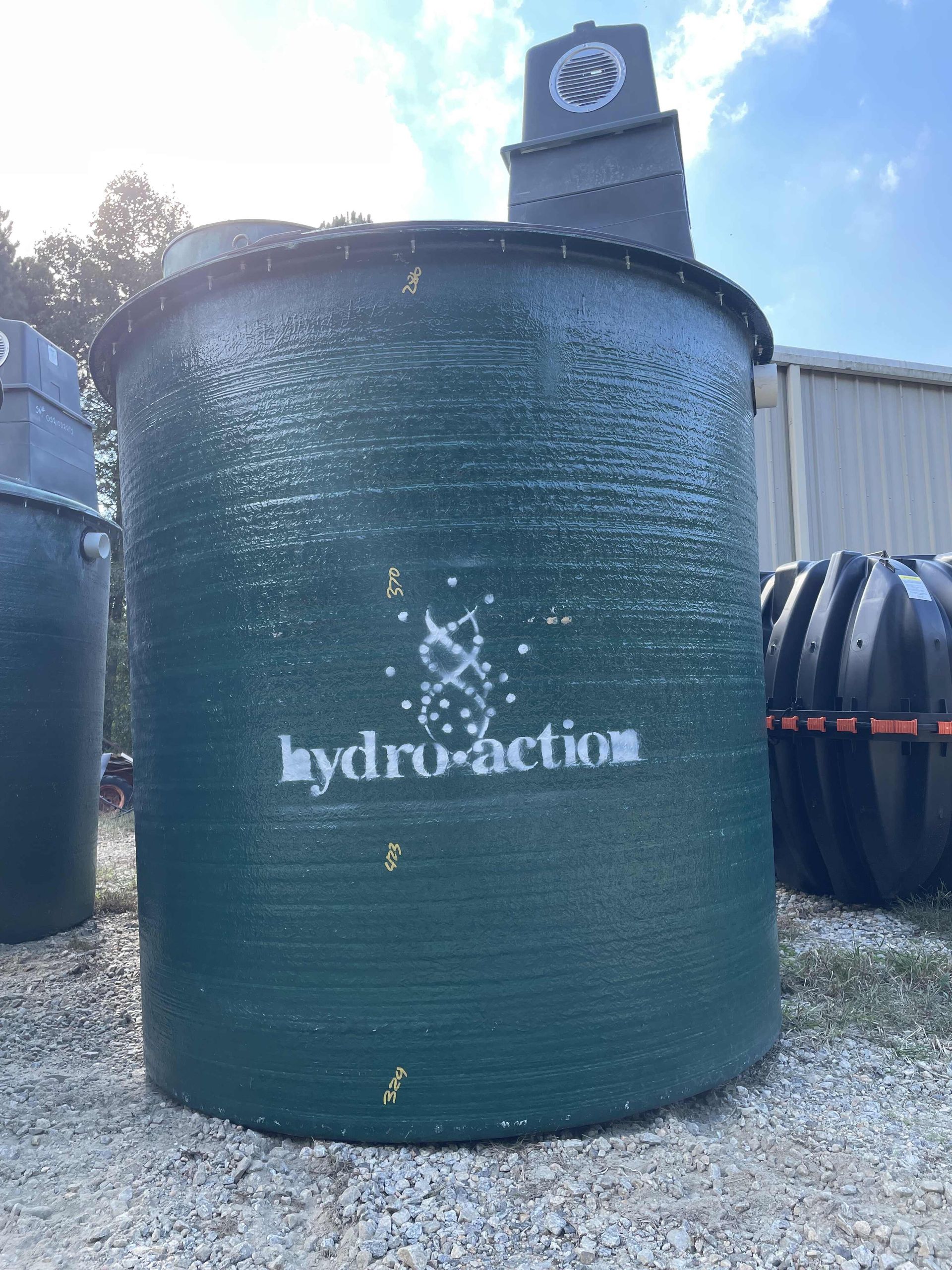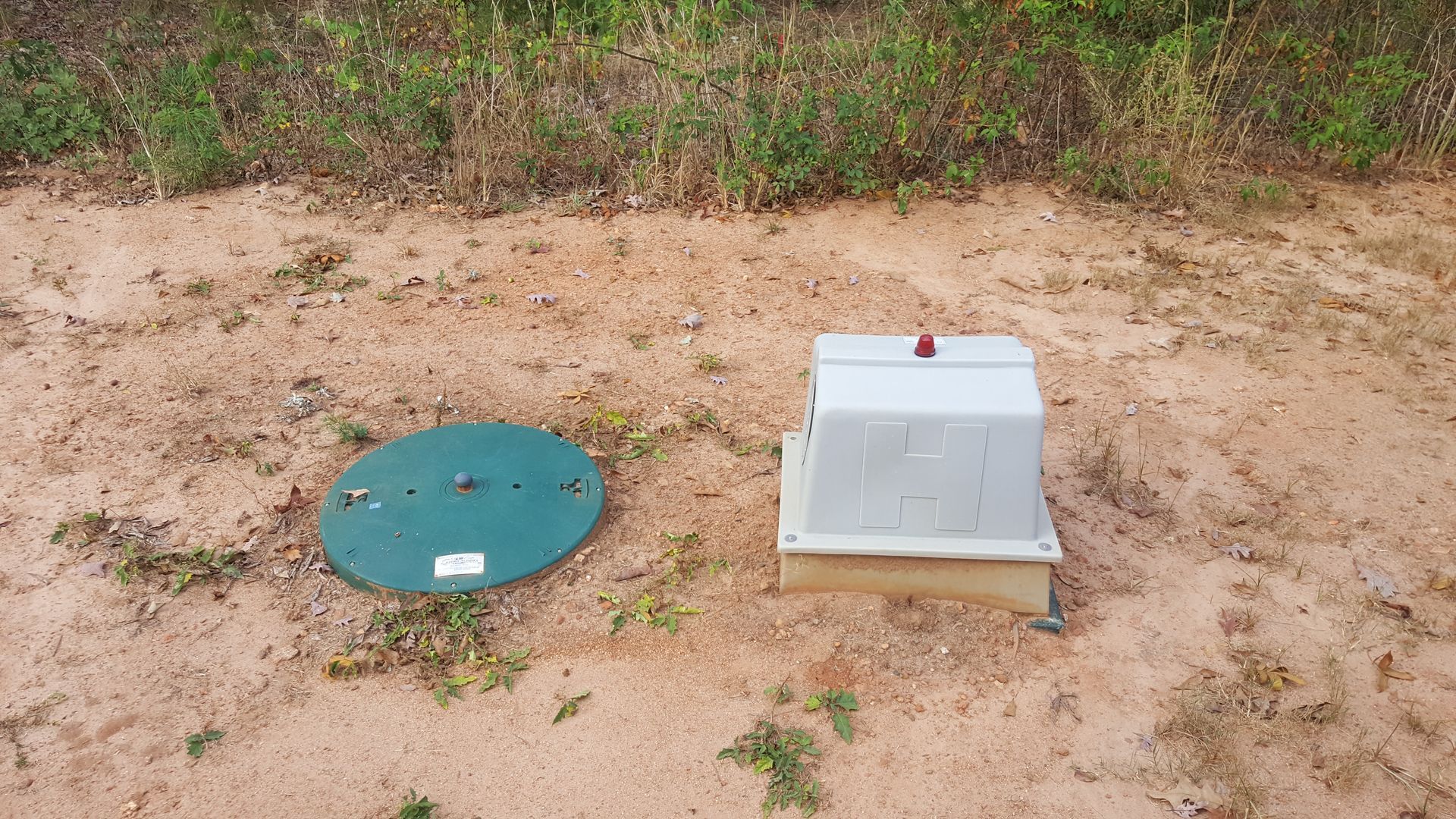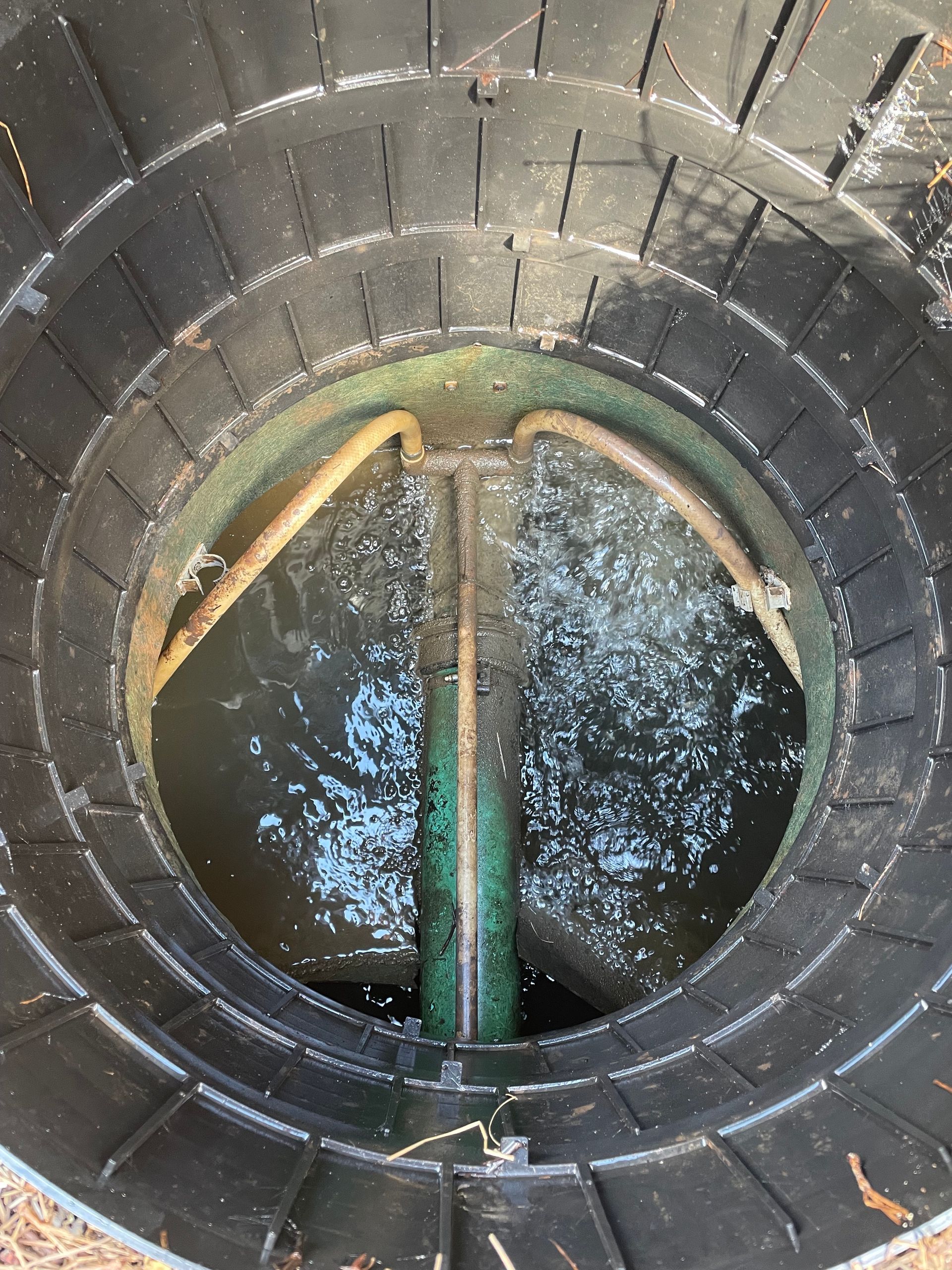Get in touch
404-788-3474
asmseptic@gmail.com
Email Us on: asmseptic@gmail.com
Call or Text: 404-788-3474
A Homeowner's Complete Guide To Maintaining Their Alternative Septic System
Owning a residential property with an alternative septic system calls for proper maintenance to ensure its long-term efficiency and performance. While these systems offer many benefits, such as eco-friendliness and adaptability to varying site conditions, consistent upkeep is crucial for avoiding costly repairs or premature replacements. As a homeowner, understanding how to maintain your alternative septic system will not only save you money but also contribute to a cleaner, healthier environment.
In this comprehensive guide, we'll cover essential maintenance tips and best practices for homeowners to keep their alternative septic systems in optimal condition. From routine inspections to addressing potential problems and preventative measures, our step-by-step guide provides the knowledge and resources necessary to maintain a highly efficient and long-lasting septic system. By adhering to this maintenance guide, you'll be well-equipped to protect your investment and ensure your property's waste management system remains effective and reliable.
A Homeowner's Complete Guide To Maintaining Their Alternative Septic System
I. Routine Inspections and Monitoring
The first and most crucial aspect of maintaining your alternative septic system is conducting regular inspections. Depending on the type of system installed, homeowners should schedule inspections every 6 to 12 months to ensure proper functionality. Professionals like Alternative Septic Management Inc. in Monroe, GA, can assist with these routine evaluations, checking for any wear, damage, or inefficiencies within your system.
To complement professional inspections, homeowners should also engage in ongoing monitoring. This includes checking control panels, alarms, and visual inspection of drain fields or mound systems for signs of issues such as standing water or unpleasant odors.
II. Pumping and Cleaning
Alternative septic systems require periodic pumping and cleaning to remove accumulated solids and prevent system failure. The frequency of pumping depends on factors such as system type, usage, and household size. Generally, pumping and cleaning are recommended every 3 to 5 years. Contact a trusted septic service provider, such as Alternative Septic Management Inc., to handle the pumping and cleaning process for you.
III. Protecting Drain Fields
Maintaining the surrounding area where your septic system disperses treated wastewater is essential for overall performance. This includes the drain field or absorption area, and following a few key practices will promote its long-term functionality:
- Avoid driving or parking heavy vehicles over the drain field, as this can lead to soil compaction and damage to the system.
- Keep trees or large plants at least 30 feet away to prevent root intrusion.
- Avoid channeling rainwater or irrigation towards the drain field, as excessive water can overwhelm the system.
- Refrain from constructing structures or paving over the drain field.
IV. Water Use Management
Effective water use management plays a vital role in maintaining an alternative septic system. Excessive water use can strain the system, leading to premature failure. As such, homeowners should adopt the following water-saving strategies:
- Install low-flow toilets, faucets, and showerheads to reduce water consumption.
- Limit the use of garbage disposals, which can contribute to the buildup of solids in your system.
- Run full loads in the dishwasher and washing machine to minimize wastewater generation.
- Spread laundry loads throughout the week to avoid overloading the system on a single day.
V. Avoiding Harmful Chemicals
Chemicals found in certain cleaning products, medicines, and paints can have a negative impact on the efficiency of your alternative septic system. These chemicals can kill the beneficial bacteria responsible for breaking down waste or can contaminate the soil and groundwater. To prevent this, homeowners should:
- Opt for eco-friendly cleaning products and minimize the use of harsh chemicals.
- Dispose of medications, paint, and solvents according to local regulations and guidelines.
- Avoid using large quantities of bleach or other antibacterial products, as these can disrupt the biological processes in your septic system.
VI. Seasonal Maintenance Tips
Preparing your alternative septic system for the autumn and winter seasons is critical in regions where freezing temperatures and increased precipitation are common. Here are some tips to protect your septic system during these months:
- Insulate your system by covering it with mulch, leaves, or straw. This helps prevent freezing and provides adequate insulation during colder weather.
- Avoid plowing over your septic system during winter to keep the insulating layer of snow intact.
- Schedule a professional inspection to identify potential issues before winter sets in, ensuring your system is primed for optimal performance.
VII. Identifying and Addressing Issues
Timely identification and resolution of issues can prevent minor problems from escalating into major system failures. Keep an eye out for the following warning signs:
- Strong odors near the septic tank or drain field
- Wet and soggy areas around the septic system
- Slow-draining sinks, tubs, or toilets
- Sewage backups in toilets or drains
If you encounter any of these issues, reach out to Alternative Septic Management Inc. in Monroe, GA, for professional assistance and prompt resolution.
By adhering to this comprehensive maintenance guide, homeowners can proactively protect their investment in an alternative septic system and ensure optimal efficiency and performance. Make it a priority to follow these best practices, and you'll enjoy a reliable and effective waste management solution for many years to come.
Securing Your System's Longevity and Efficiency
Properly maintaining your alternative septic system is essential to ensure its longevity, performance, and environmental impact. By following this comprehensive guide and adopting best practices in
septic inspections, cleaning, water use management, and seasonal care, residential property owners can promote a cleaner, safer environment and protect their investment in sustainable waste management systems.
As trusted septic service professionals in Monroe, GA, Alternative Septic Management Inc. is here to support you in maintaining the utmost efficiency and reliability of your alternative septic system. Reach out to us for regular inspections, maintenance assistance, or to address any septic system concerns you may have. Together, we can ensure the continued success and optimal performance of your alternative septic system, while securing a more sustainable and eco-friendly future for your property.
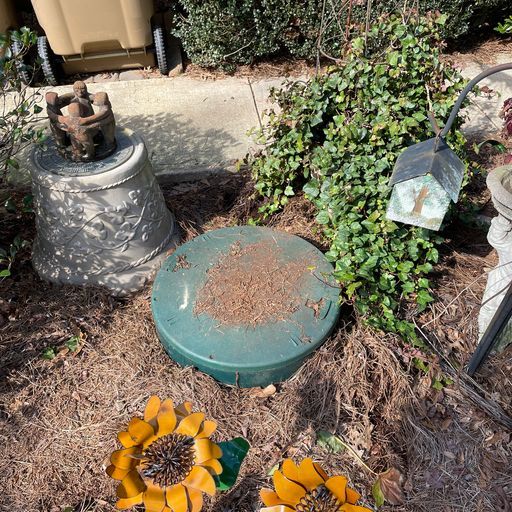
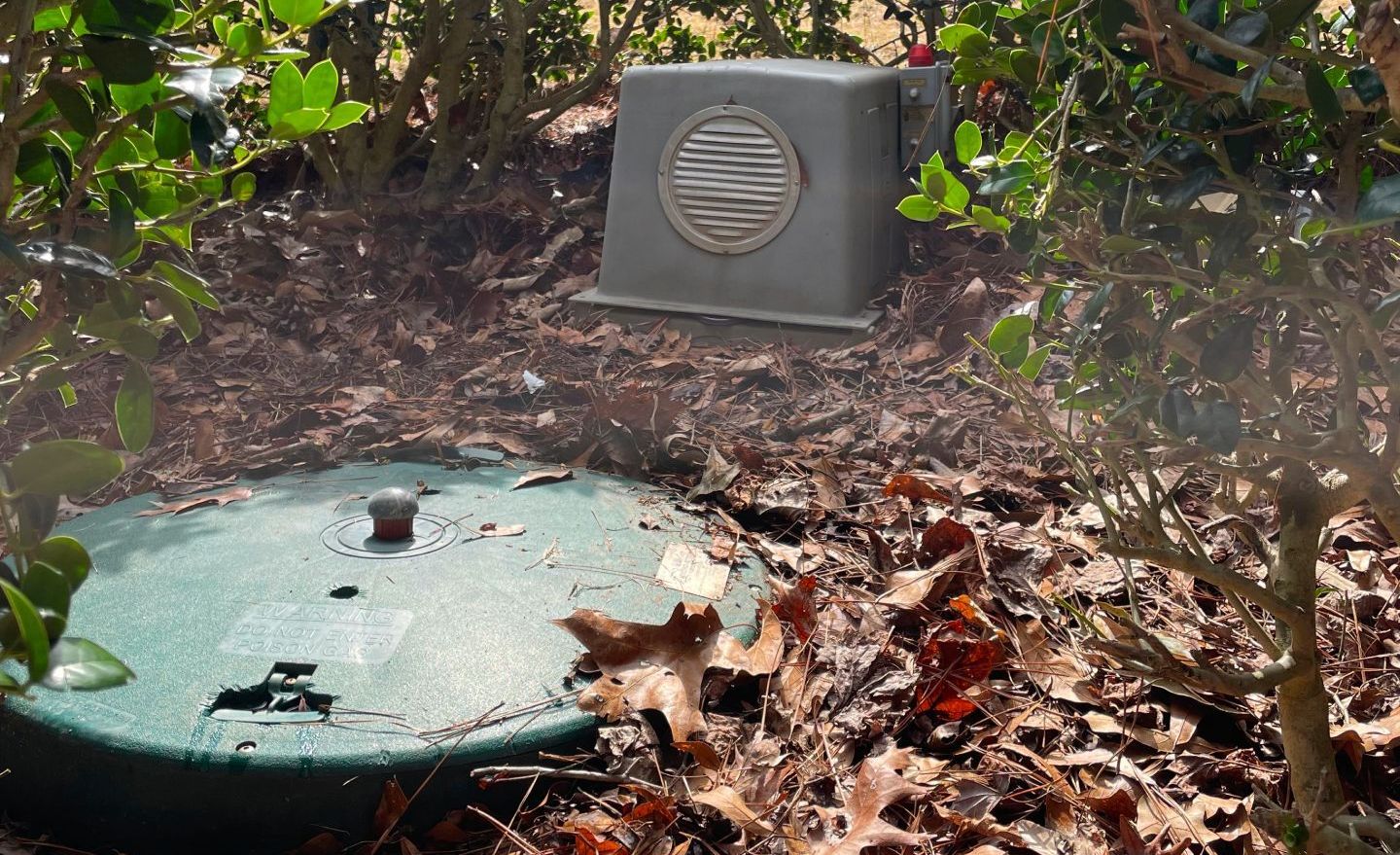
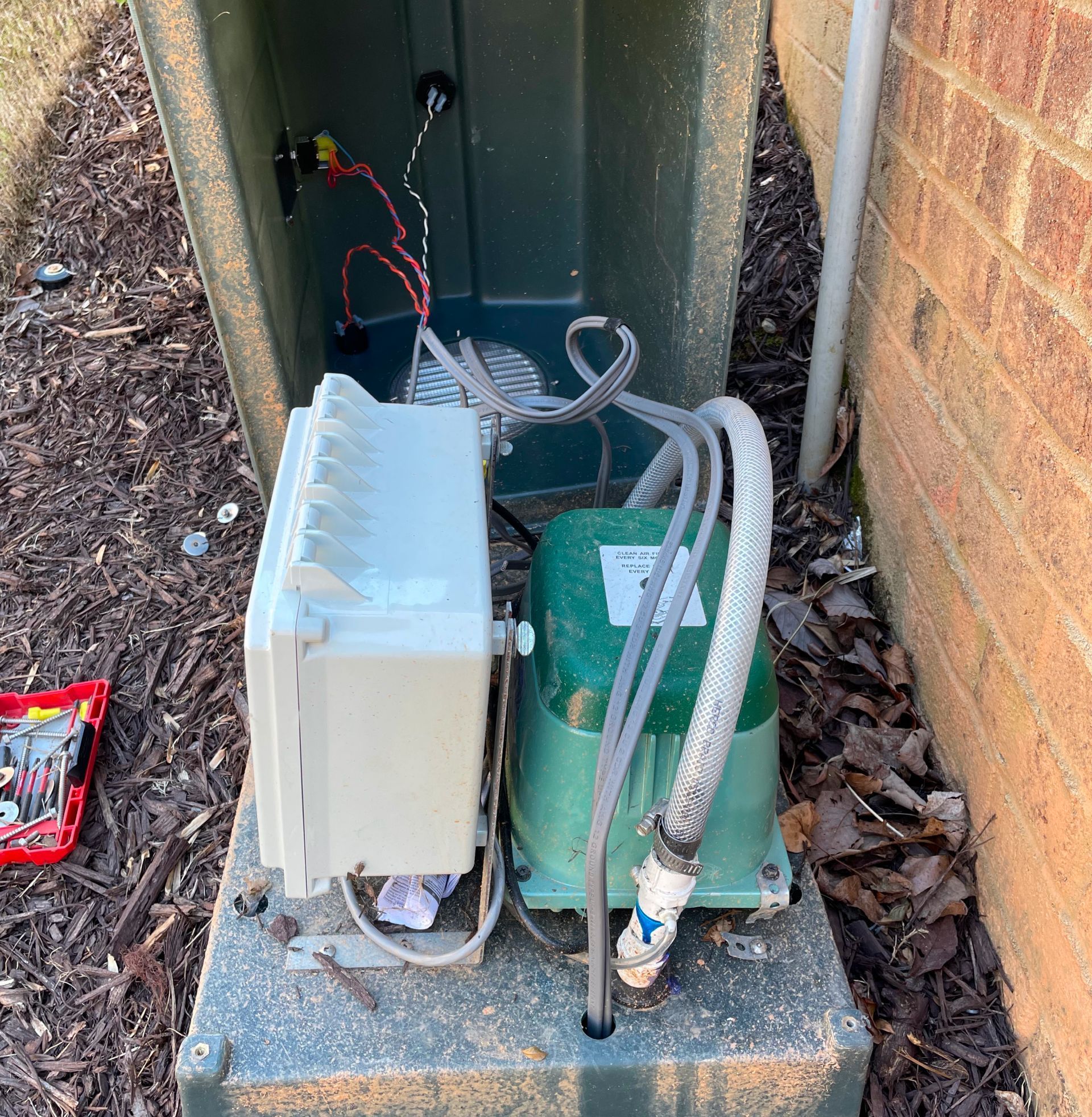

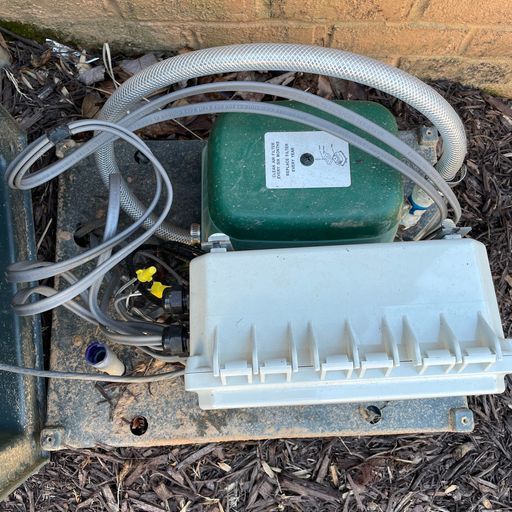
Alternative Septic Services For Residential And Commercial Systems Requiring Alternative Septic Systems.
Quick Links
Our Services
Septic Installation
Septic Repair
Septic Inspection
Air Compressor Maintenance
Pump Maintenance
Get In Touch
Mobile: 404-788-3474
Email: asmseptic@gmail.com
Address: 3295 Fannie Thompson Rd. Monroe GA 30656
Copyright 2025 © All Rights Reserved. Alternative Septic Management, Inc.

